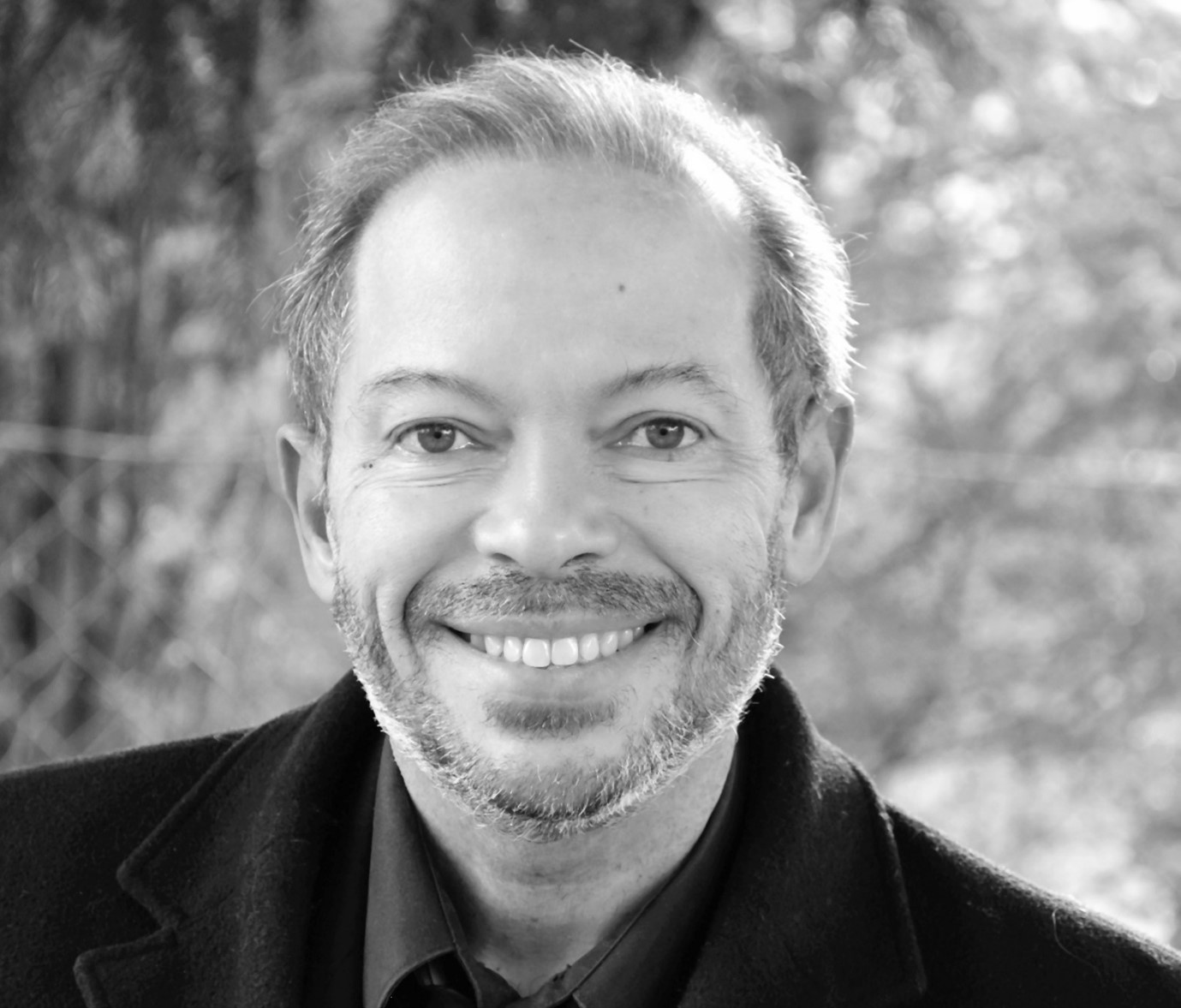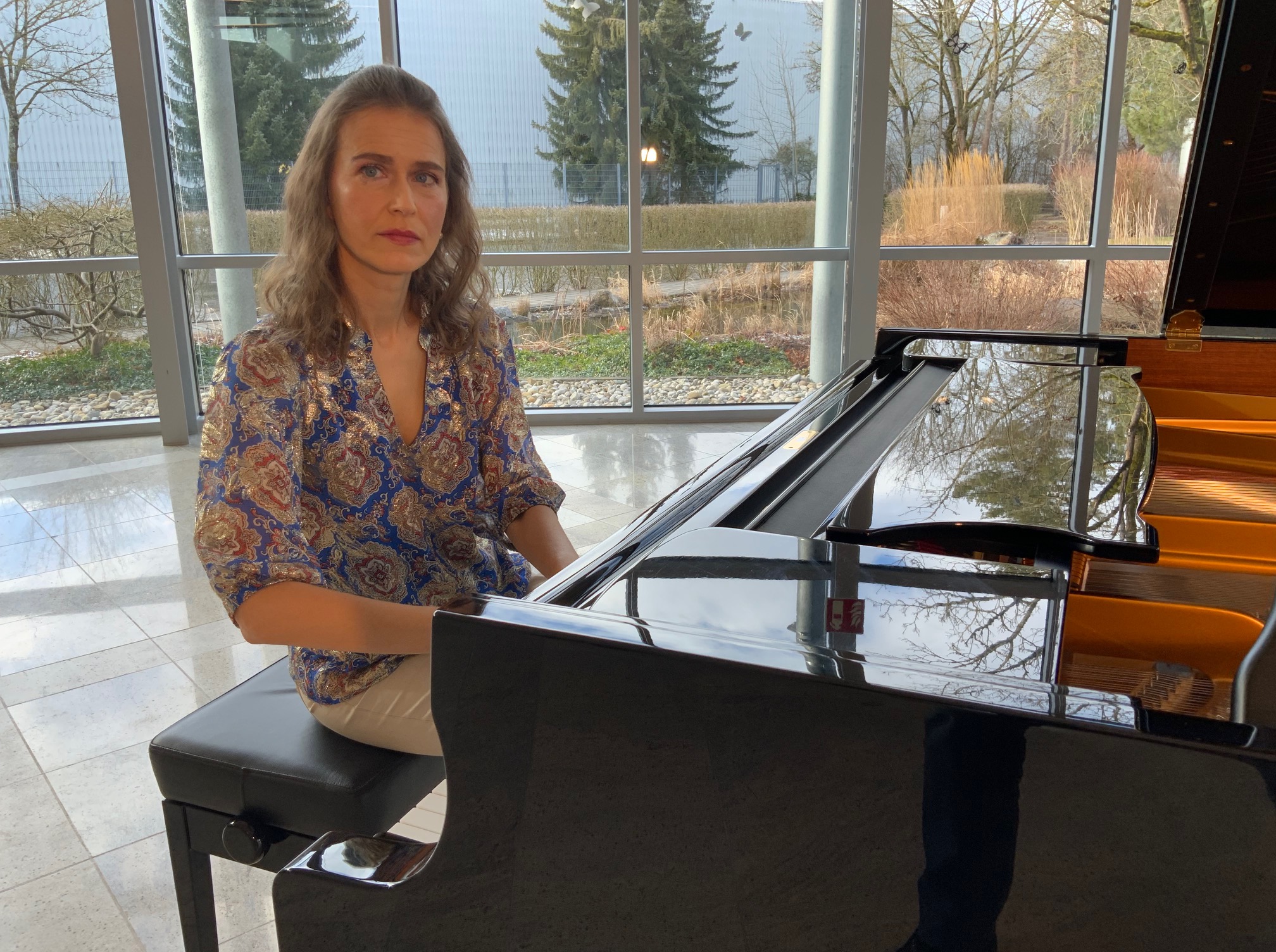About
taught until recently piano and chamber music at the Landesmusikschulwerk Oberösterreich. From 1991 to 2004 he worked as a Korrepetitor at the Salzburg Mozarteum Summer Academy, where he also led an accompaniment course he designed. He studied at the Eastman School of Music in Rochester, New York, and received his PhD in collaborative piano and chamber music from the University of Miami. He previously taught at the Inter-American University of Puerto Rico, the Conservatory of Music of Puerto Rico and the former Harid Music Conservatory in Florida
For the past 18 years he has recorded and presented lectures on the early songs of Brahms and his early German folk songs. He played successful duo concerts with the cellist Monika Gaggia (Salzburg), the soprano Elaine Ortiz Arandes (Munich), the violinist Alexander Nantschev (Vienna) and the baritone Matthias Helm (Wels). He has composed two works for violin and piano for Nantchev. Accompanying seminars for music faculties round off his work.
As a recent project, to expand the intermediate piano repertoire, Martínez has composed “songs” and piano pieces in a style that mixes “musical”, pop-ballads and Lieder. Some of these pieces are based on texts by the poet Flora Nocturna. He has published some of them as YouTube videos. (@jose-daniel_martinez-miranda). Recent works can be found in Musescore.com
Born in Washington DC, raised in Puerto Rico, has lived in Austria for 25 years. Performances in Puerto Rico, New York City, Miami, the Dominican Republic, Costa Rica, Haiti, Perú, Ecuador, Italy, Austria, Germany, Slovenia and the Czech Republic.

